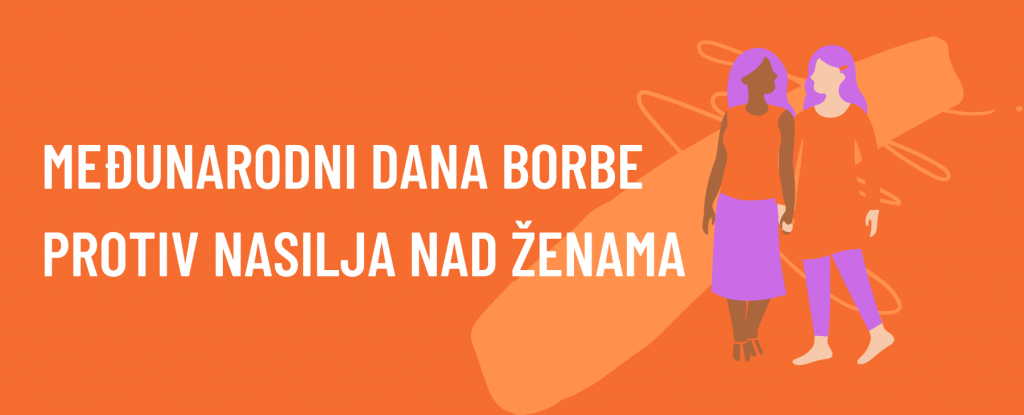KALOPER ORULI: O PREŽIVJELIM ŽRTVAMA NASILJA MORAMO GOVORITI KONTINUIRANO

Međunarodni dan borbe protiv nasilja nad ženama obojen je u narandžastu boju koja simbolizira vedriju budućnost, lišenu nasilja (fizičkog, psihičkog, seksualnog, ekonomskog) nad ženama. Svakog 25. novembra u godini prisjećamo se i govorimo o zločinima koji su brojne žene preživjele i o onima koje su i dalje u opasnosti da ga dožive, u cilju senzibilizacije i upoznavanja javnosti o ovom problemu. Prisjećamo se i na preko 20.000 žena koje su silovane ili seksualno zlostavljane u toku rata 1992-1995 godine u Bosni i Hercegovini – tačan broj nikada nećemo znati, jer čak i 25 godina nakon rata brojne preživjele, zbog stigmatizacije, traume, nedostatka informacija i novčanih sredstava ili straha od počinitelja koji i dalje živi u njihovoj sredini, neće nikada progovoriti o zločinu.
“Zato je važno da o njima mislimo i govorimo kontinuirano, a ne samo da ih se prisjećamo na svaki međunarodni dan posvećen njihovim pravima. Mnoge od njih nikada neće ni istupiti sa svojom pričom o onome šta su preživjele, ali zato mi moramo podizati svoj glas i boriti se za njihova prava”, kazala je Midheta Kaloper Oruli, sekretarka Udruženja žrtava “Foča 1992-1995”.
Strah od stigmatizacije je jedan od razloga zašto brojne preživjele žene ne govore o zločinu, navodi Midheta. Stigmatizacija se ispoljava u vidu rodno motiviranih stereotipa koji dovode do marginalizacije: stav da su one “to tražile”, da žrtve seksualnog nasilja lažu, da je silovanje sramota za preživjele.
“Meni je žao što više žena ne prekine šutnju o onome što su preživjele, ali razumijem da do toga neće doći dok se cjelokupno društvo ne suoči sa ovim problemom. Najteže mi je što se često ta stigmatizacija javlja i u užem krugu porodice, gdje se stid i krivica nameće žrtvi a ne počinitelju koji bi taj teret i treba da nosi”, kazala je ona.
Iz tog razloga sudske presude za ove zločine, tačnije osuđivanje i kažnjavanje počinitelja je ključno, jer sa sobom nosi lekciju za buduće generacije, kako se ovi zločini ne bi ponovili.
“Kada govorimo o borbi za pravdu, naknada preživjelima i osuda počinitelja jako su važne u pogledu suočavanja sa strašnim zločinima koji su se desili. Osim što predstavljaju određeni vid satisfakcije za preživjele, one su ključni element za slanje jasne poruke da će zločini biti kažnjeni”, poručila je Midheta.
Napomena: Kako se u ogromnoj većini slučajeva seksualnog nasilja koji se spominju u ovom tekstu radi o ženskim žrtvama, u njemu se najčešće koristi ženska zamjenica “ona” kad se govori o žrtvama. To svakako ne umanjuje iskustvo muškaraca koji su također bili izloženi ovom zločinu tokom rata, a tačan broj takvih slučajeva ni danas nije poznat, iako se procjenjuje da ih je bilo na hiljade.
